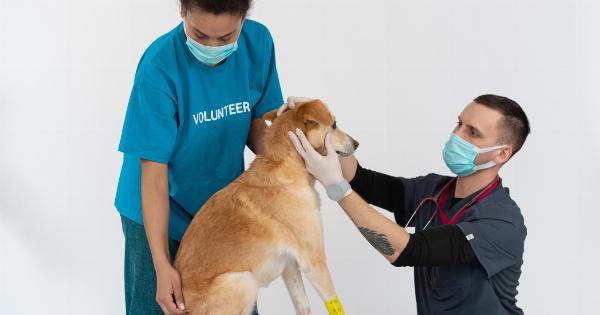Managing allergies at school can be a challenging task for parents. Allergies are a common health concern among children, and it is essential for parents to take necessary precautions to ensure their child’s well-being.
This guide aims to provide parents with valuable information and tips on how to effectively manage allergies in a school setting.
Understanding Allergies
Before diving into the specifics of managing allergies at school, it is crucial to have a basic understanding of what allergies are. Allergies occur when the immune system reacts negatively to certain substances, known as allergens.
Common allergens include pollen, dust mites, certain foods, insect stings, and pet dander. Allergic reactions can range from mild to severe and can affect various body systems, such as the skin, respiratory system, or digestive system.
Identifying Your Child’s Allergies
The first step in effectively managing allergies at school is to identify your child’s specific allergies. This can be done through allergy testing, which may involve skin prick tests, blood tests, or elimination diets.
Once you have a clear understanding of the allergens your child is sensitive to, you can take appropriate measures to prevent exposure.
Communication with School Staff
Open and effective communication with the school staff is paramount when it comes to managing allergies at school. Inform the school administration, teachers, nurse, and any other relevant staff members about your child’s allergies.
Provide them with detailed information about the specific allergens, symptoms, and emergency procedures. Establish a clear line of communication for any concerns or updates regarding your child’s allergies.
Creating an Allergy Action Plan
It is essential to collaborate with the school in creating an allergy action plan for your child. This plan should outline the necessary precautions, emergency procedures, and any required medications.
Work with the school nurse or healthcare professional to draft a comprehensive and individualized action plan that can be easily followed by school staff.
Educating School Staff about Allergies
Organize allergy awareness sessions or workshops for school staff to educate them about allergies, their symptoms, and the appropriate response in case of an allergic reaction.
Provide them with resources and training materials to enhance their knowledge and understanding of allergies. The more informed the staff members are, the better they can support and protect your child.
Safe Food Practices
For children with food allergies, it is crucial to implement safe food practices at school. Collaborate with the school cafeteria or food service provider to ensure that they are aware of your child’s specific dietary restrictions.
Request ingredient lists for all meals served at school and advise the staff on proper food handling practices to prevent cross-contamination. Additionally, consider packing safe snacks and meals for your child to avoid any accidental exposure to allergens.
Classroom Precautions
Take necessary precautions in the classroom to minimize your child’s exposure to allergens.
Discuss with the teacher about implementing measures like regular dusting, avoiding the use of certain materials that may trigger allergies, and maintaining proper ventilation. If your child has severe allergies, it may be beneficial to create a designated allergen-free zone in the classroom.
Informing Classmates and Friends
Encourage your child to inform their classmates and friends about their allergies. Teach them how to communicate their allergies effectively and educate their peers on the importance of avoiding allergens.
Foster an inclusive and supportive environment where all students understand and respect each other’s health concerns.
Allergy Medications and Epinephrine
In cases of severe allergies, make sure your child carries necessary allergy medications, such as antihistamines or inhalers, with them at school.
Work closely with the school nurse to ensure that the medications are stored safely and are easily accessible during emergencies. If your child requires epinephrine injections in case of an anaphylactic reaction, provide the school with a prescribed auto-injector, along with detailed instructions on how and when to administer it.
Field Trips and Extracurricular Activities
When it comes to managing allergies at school, it is crucial to consider field trips and extracurricular activities.
Inform the school about your child’s allergies in advance and discuss the necessary precautions and arrangements that need to be made. If your child is going on a field trip, ensure that they have their allergy medications with them and that the supervising adults are aware of their allergies.
Reviewing and Updating the Plan
Regularly review and update your child’s allergy action plan and any related documents. Allergies can change over time, and it is essential to keep the school informed about any developments.
Schedule meetings with the school staff to discuss any updates, concerns, or changes to your child’s allergies or medical needs.
Conclusion
Managing allergies at school requires collaboration between parents, school staff, and healthcare professionals.
By taking proactive measures, fostering open communication, and educating others about allergies, parents can ensure their child’s safety and well-being at school. Remember that each child’s allergies are unique, and it is crucial to tailor the management approach according to their specific needs.































